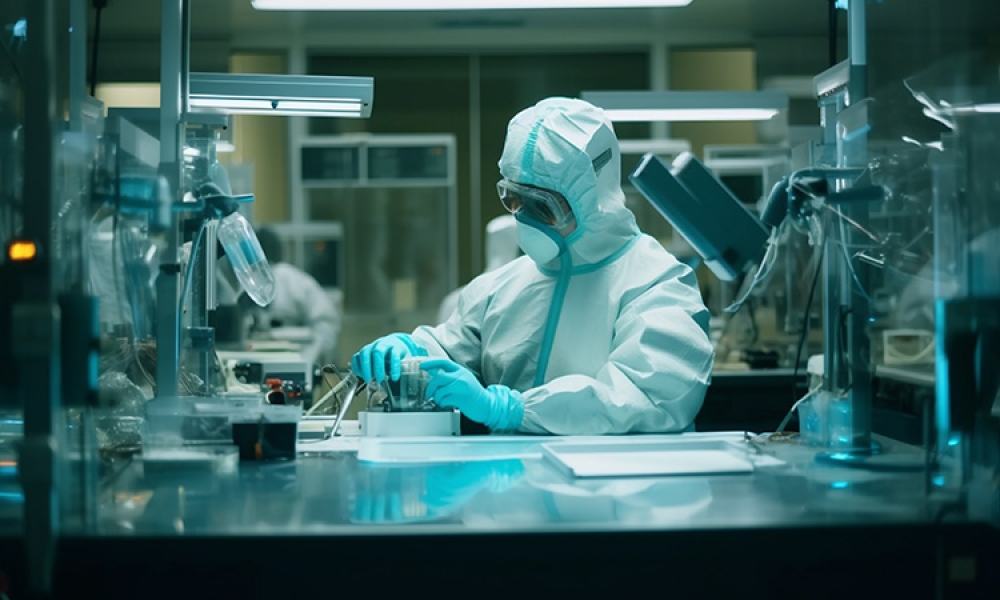 Plant transient expression is now a recognized, affordable and flexible method for drug development, which can be scaled up more rapidly than other recombinant expression systems. In this blog post,by iBio’s scientific team, the basics of plant-made pharmaceuticals will be discussed, while future posts will expand on a technology that was first documented for expression of full-length monoclonal antibodies (mAbs) in plants in 1989 (Hiatt et al., 1989) Plant-made pharmaceuticals (“PMP”), made using transient expression systems, are capable of ramping drug production to large-scale manufacturing in a short period of time. The technology has attracted a lot of attention recently, as an excellent method for rapid and effective response to outbreaks such as Zika virus, Ebola and pandemic influenza. Plant made products was the focus of the DARPA “Blue Angel” project to develop a commercial, rapid response platform for influenza and other biothreats.
Plant transient expression is now a recognized, affordable and flexible method for drug development, which can be scaled up more rapidly than other recombinant expression systems. In this blog post,by iBio’s scientific team, the basics of plant-made pharmaceuticals will be discussed, while future posts will expand on a technology that was first documented for expression of full-length monoclonal antibodies (mAbs) in plants in 1989 (Hiatt et al., 1989) Plant-made pharmaceuticals (“PMP”), made using transient expression systems, are capable of ramping drug production to large-scale manufacturing in a short period of time. The technology has attracted a lot of attention recently, as an excellent method for rapid and effective response to outbreaks such as Zika virus, Ebola and pandemic influenza. Plant made products was the focus of the DARPA “Blue Angel” project to develop a commercial, rapid response platform for influenza and other biothreats.
However, in the day-to-day world of scientists working in product development, PMP’s advantages around speed and flexibility are just as valuable. Plant transient expression technology makes it possible for scientists to quickly test an alternative expression system in parallel to mammalian/insect/bacterial cell expression systems. Proteins may be able to be produced in plants that are difficult to produce in other systems due to cellular toxicity, low expression, or difficulty to recover and purify. It gives the product developer yet another tool in the toolbox for producing therapeutic proteins. Milligram to gram quantities of target proteins can be produced in weeks to begin “in vitro” or pre-clinical animal testing.
Genes can be inserted in the “vector” cassette in a few days and then can be used to transfect plants. Once transfected the protein expression generally takes less than 10 days to produce the product. Robust purification protocols are in place for many different proteins including antibodies, antigens and other therapeutic protein classes. What this means is that scientists in pre-clinical or early stage clinical stage can quickly go from “gene to protein” in a few weeks. Time really is money, but it also saves lives. Because PMP offers an alternative expression system that can be studied so quickly, there is little downside to test in parallel to traditional expression systems. Guest blog post by: iBioCMO Scientific Team

 Plant transient expression is now a recognized, affordable and flexible method for drug development, which can be scaled up more rapidly than other recombinant expression systems. In this blog post,by
Plant transient expression is now a recognized, affordable and flexible method for drug development, which can be scaled up more rapidly than other recombinant expression systems. In this blog post,by 
